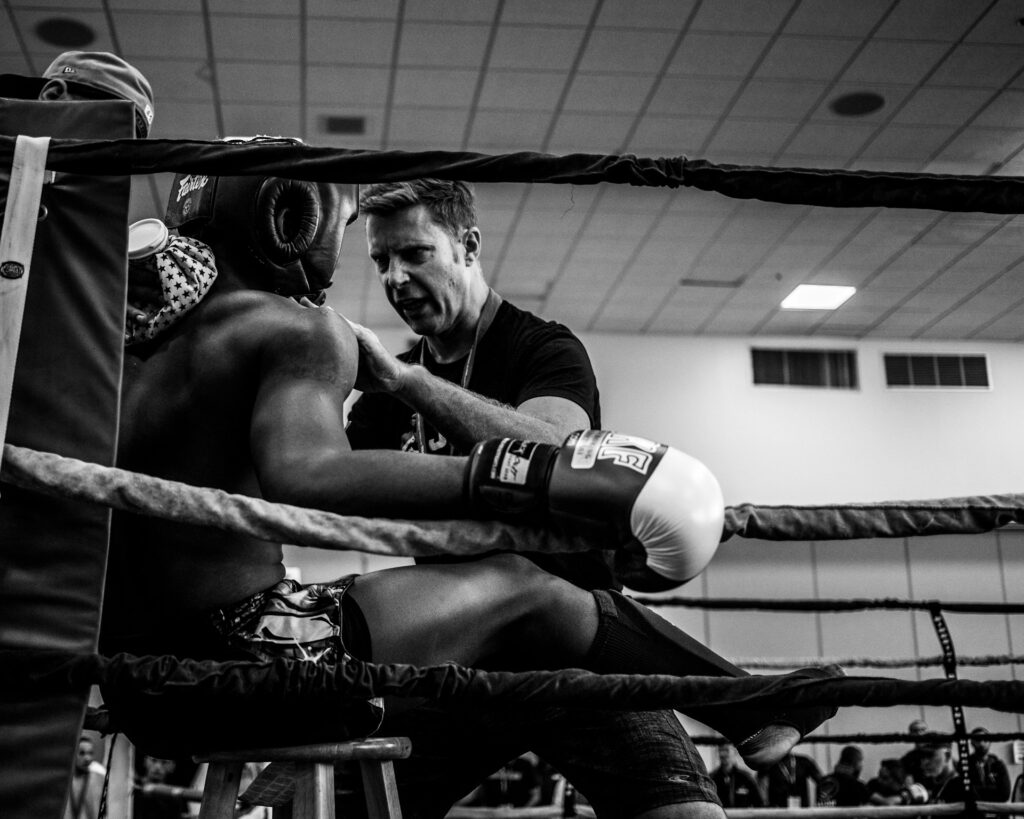Don’t wait for someone else to give you the life you want. They aren’t coming. The only thing that will help you get the life you want are your skills. How you acquire, develop, and deploy those skills will influence your success. A common mistake is confusing skills with education. But they are two very different things.
Formal education will get you a job; self-education will make you a fortune. ~Jim Rohne
Traditional education consists of syllabuses and course outlines. They contain lists of outcomes that students need to master to pass to the next level. I, like most students, viewed school as something to just get through. It was something that was being done to me. University was the same way. Look at the syllabus and do what you need to get a C+ or a B. What do I need to do to just get by? This thinking over time, seeped into my bones. What do I need to do to get by?
The issue with this is that goals are put in front of you by someone else. That may be a teacher, a professor, your boss, your parents, your friends, or society. You won’t feel successful and happy achieving someone else’s goals. You need to have your own!
The action word to describe not having your own goals is drifting. This is when life acts on you rather than you acting on life. Other people make your schedule and nudge your decisions.
I’m a drifter and have been my whole life. But I’m trying to set my course. I’m 42 years old and it’s not too late. One of the best ways to knock yourself out of a drifting state is to create and write down your own life’s purpose (stay tuned for a later post).
To achieve your life’s purpose, you will need skills. Only you can decide what those skills are.
Compounding
Before I jump into which skills need to be developed, I want to review compounding and how it relates to finance. Compound growth happens when both your initial invesment and its growth continue to produce over time. The longer the time, the more the growth.


In the above example you can see that $500/month growing at 6% a year will reach over $500,000 in 30 years. The majority of that value is earned interest.
Compound growth takes time. While the earlier you start, the better. It’s never too late to start.
Compounding your skills works the same way, but it can build a lot quicker.
Which skills will make you better at your job? Which skills if you learned and refined them, would have the biggest impact on your life and career?
Compounding your Skills
Your skills compound at a rapid rate if you continue to invest in yourself. James Clear shows this in the infographic below. You can see the compounding effects of 1% improvements over 1 year, or 365 days. Conversely, a 1% decline will send you gradually towards zero.

I first heard about the importance of investing in yourself from a Brian Tracy Book. He suggested investing at least 3% of your income back into yourself. While I don’t think that people need to aim for exactly 3%, the most important thing is that you are aware of the importance of improving your skills. This is also echoed by Warren Buffet.
“The most important investment you can make is in yourself.” – Warren Buffet
The majority of people stop investing in themselves as soon as they finish high school, college or university.
I would argue that going to school isn’t exactly investing in yourself unless you actively choose to be there. The same goes for University or College. If your parents made you go and you didn’t have a burning desire to be there, you may not have come away with many skills. The skill I left with was how to complete paper work at a mediocre level.
Paying for university was the only way I I thought a person could learn and grow. This thinking is wrong!
In reality, you may leave school with some content knowledge, but what skills do you leave with?
Personally, I left University with few marketable skills. I barely knew how to write a paper. Professors gave feedback in a murky, non-specific way through random red markings and comments. What I did learn was to read a syllabus and complete the minimum requirements to pass the course. The syllabus and due dates were my fuel. All my goals were put in front of me by my teachers and their course outlines.
People want to learn. I want to learn. But the mistake is thinking someone is going to come and make it happen for you. It won’t happen! Your employer won’t do it! Your spouse or best friend won’t do it! You have to do it! You have to do the work.
It’s easy to get lost in investing and trying to get big returns. But investing in yourself has the biggest return. Go for average stock market returns and swing for the fences when it comes to your own self-development.
So don’t worry about trying to beat the market or hit a home run on some shitty stock. Continually invest in yourself and you’ll get returns that you couldn’t even have imagined. Hit your own home runs. When your skills start to compound, there will be nothing stopping you!
Reading

An excellent way to compound your skills is to read or listen to audiobooks. But action must follow reading. For personal finance books, see the recommended reads page on this blog. Supercharge your commute by listening to audiobooks on topics that align with your goals. If you live in North America, you have access to your local public library, which also includes subscriptions to audio books.
If you aren’t learning and growing, your skills are eroding through knowledge and skill inflation.
Exercise

Consider a regular exercise routine. Whether that’s going for a daily run, exercising in your home gym, playing a sport, or going to your local gym. Exercise boosts mental health and gives you energy to work on your other skills. It also helps you connect with friends and family if you exercise or play sports with other people.
Get a coach, mentor, therapist, or accountability group

Coaching isn’t just for professional athletes. Having someone to be accountable to and to help you walk through your goals is crucial. People that achieve success have support around them.
If you have insurance, consider going to a therapist or career coach. Looking for a free option, an accountability group can encourage you towards better habits that align with your goals.
Real education isn’t free. You need pay with your time, energy, money, or pain.
Many businesses and organizations will pay for you to attend professional development seminars if it will increase your skills in your current job. Making you more valuable to the company and at the same time, giving you more options.
Overtime, people will notice the improvements and new opportunities will be presented to you.
Communication Skills

I have always been nervous about speaking in front of others. It’s the fear of being judged and the feeling of being exposed.
Most problems and challenges in life stem from poor communication. Communicate better with your friends, spouse, family, customers, and co-workers. Not only will it help you achieve your goals, it will also lead to more meaningful relationships.
Last year, I joined a local toastmasters group. The benefits of regularly attending a toastmasters group are undeniable. You learn to crystallize your ideas and share them with a group of supportive people that only want you to do well. I’ll devote an entire post to Toastmasters in the future. But for now, for me, it’s one of the best investments I can make in myself. After one year, I already notice significant differences in my presenting and communication skills. As I continue to attend, these skills will compound and grow.
Action and Takeaways

Thinking isn’t action. While there is nothing wrong with thinking and dreaming, it doesn’t turn to reality without action. Nobody will make the leap for you. Write down your goals, determine which skills you need to get there, and start right away on a plan of action.
Make a commitment to improve or develop one skill. Once you start, and your skills start to compound, there will be not stopping you.
